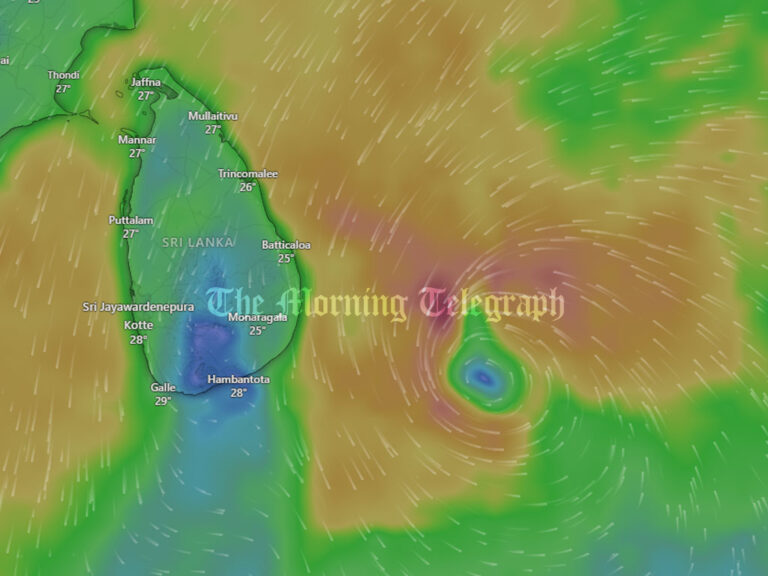
The situation in Gaza and Lebanon has reached critical levels, marked by a continuous cycle of violence and humanitarian distress. As the Israeli military intensifies its bombardment of northern Gaza, the repercussions for civilians are severe. Eyewitness accounts from residents describe scenes of devastation, where families are trapped in their homes, unable to escape the relentless airstrikes. Many neighborhoods have been reduced to rubble, with emergency services struggling to recover bodies from the debris amid ongoing hostilities.
The humanitarian crisis is exacerbated by the blockade, which has severely limited access to essential supplies. The U.N. World Food Program has reported that no food aid has been delivered to northern Gaza since October 1, raising alarms about potential starvation among the estimated 400,000 residents still in the area. With dwindling resources, families face the grim reality of hunger, with some expressing fears of running out of food in the near future. The situation has become desperate, as hospitals are overwhelmed, and medical supplies are critically low. Local health authorities indicate that the death toll from the conflict has surpassed 42,000, with the exact number of civilian casualties remaining unverified.
In Lebanon, the ongoing conflict with Hezbollah has prompted increased violence along the Israel-Lebanon border. Israeli airstrikes have struck multiple locations in southern Lebanon, leading to significant civilian casualties. The Lebanese Health Ministry reports that the toll from this conflict has now exceeded 2,255 deaths, with heavy fighting continuing in various regions. The repeated attacks on U.N. peacekeeping forces have raised concerns about the safety of these personnel and the overall stability of the region. The U.N. has condemned the violence and called for immediate protection for its forces and civilians alike.
Political leaders are responding to the escalating conflict with urgency. U.S. Secretary of Defense Lloyd J. Austin III has underscored the necessity of transitioning from military operations to diplomatic engagement to resolve the crisis. He emphasized the importance of addressing the humanitarian situation in Gaza, acknowledging the dire conditions faced by civilians. Additionally, Iranian officials have voiced their support for the Palestinian and Lebanese populations, reaffirming their commitment to regional allies in the face of Israeli aggression.
The ongoing violence has resulted in significant displacement within both Gaza and Lebanon, with thousands forced to flee their homes. Many families are attempting to escape southward, navigating dangerous terrain and the rubble left by airstrikes. Reports indicate that some residents refuse to leave, determined to remain despite the constant threat of violence. The relentless bombardments have turned once-thriving neighborhoods into ghost towns, with families mourning the loss of loved ones and grappling with the aftermath of the conflict.
In Jabaliya, a refugee camp in northern Gaza, residents have recounted harrowing experiences as they navigate the chaos surrounding them. Descriptions of uncollected bodies and the constant sound of bombings have become commonplace. One resident, Ahmed Abu Goneim, spoke of the profound loss he has faced, noting that 15 of his relatives and neighbors have died in neighboring homes due to airstrikes. Amidst the devastation, he expressed his determination not to leave, stating that “the occupation is doing everything to uproot us.”
As the violence continues, the international community watches with increasing concern, recognizing the urgent need for humanitarian assistance and a diplomatic resolution to the conflict. With both Gaza and Lebanon facing unprecedented challenges, the hope for a peaceful resolution appears increasingly distant, leaving countless lives hanging in the balance. The ongoing turmoil highlights the complexities of the region, where historical grievances, political struggles, and humanitarian crises intersect, leading to profound suffering for civilians caught in the crossfire.




